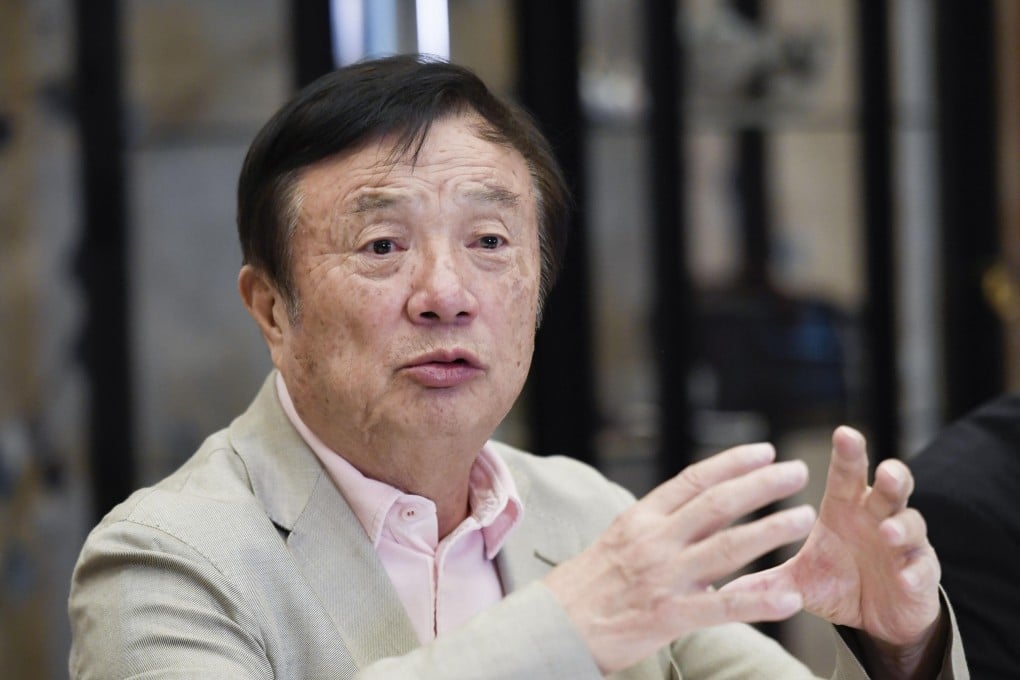Advertisement
Huawei has increased investment in Russia because of US sanctions, founder Ren Zhengfei says
- Huawei still ‘trying to find a way to cope with the US ban on chips’, says the head of its consumer business group
- It is now focusing more on its budding cloud business, which still has access to US chips, according to Financial Times
Reading Time:2 minutes
Why you can trust SCMP

As American companies grapple with potential losses and delays due to US restrictions on Chinese telecommunications giant Huawei Technologies, those from another emerging global superpower may benefit instead.
“After the United States included us in the Entity List, we transferred our investment in the United States to Russia, increased Russian investment, expanded the Russian scientist team, and increased the salary of Russian scientists,” Huawei founder Ren Zhengfei said during a visit to top Chinese universities last month, according to a post by Shanghai Jiao Tong University on its official WeChat account on Sunday.
Huawei is the world’s largest telecommunications equipment vendor, and also overtook Samsung to become the biggest smartphone manufacturer globally in the second quarter.
Advertisement
However, the Shenzhen-based company has become a pawn in the great power game between the US and China, and faces a life or death situation with Washington’s latest move to tighten its grip over Huawei’s access to US core tech like semiconductors.
Richard Yu Chengdong, chief executive of the company’s consumer business group, admitted earlier this month that the company may not be able to ship handsets with its high-end Kirin chips after this year owing to US trade sanctions.
At a summit in the eastern Chinese city of Qingdao over the weekend, Yu said the company was still “trying to find a way to cope with the US ban on chips”, according to local reports.
Advertisement
Select Voice
Choose your listening speed
Get through articles 2x faster
1.25x
250 WPM
Slow
Average
Fast
1.25x